This blog post will explore Buying House While In Chapter 13 Bankruptcy. Chapter 13 Bankruptcy involves a structured five-year repayment plan before receiving a discharge. The good news is that potential homebuyers must only delay their plans to qualify for a mortgage once the bankruptcy is fully discharged. Instead, the bankruptcy trustee needs to approve the mortgage for the home purchase to proceed.
One frequently asked question at Gustan Cho Associates is whether the bankruptcy trustee will approve a home mortgage. The answer to this frequently asked question is most trustees will have no problem signing off on a home purchase or refinance as long as the house is a reasonably priced home or a homeowner needs to do a cash-out refinance to do a Chapter 13 Bankruptcy buyout.
Most trustees accept buying house while in Chapter 13 Bankruptcy without any issues. FHA and VA loans permit purchasing a house during Chapter 13 Bankruptcy after completing one year in the repayment plan. It’s important to note that discharge from Chapter 13 Bankruptcy is not a prerequisite for qualifying for a home mortgage. The subsequent paragraphs will delve into the details of purchasing a house in Chapter 13 Bankruptcy.
Can I Get a Mortgage Buying House While in Chapter 13 Bankruptcy?
Is buying house while in Chapter 13 bankruptcy with FHA and VA loans possible? Contrary to the common belief that acquiring a house during Chapter 13 Bankruptcy is only possible after the discharge, FHA and VA loans provide an exception. These two mortgage programs, FHA and VA, uniquely permit individuals to buy a house while in Chapter 13 Bankruptcy. Dale Elenteny from Gustan Cho Associates emphasized the following:
It’s important to note that not all mortgage lenders approve borrowers currently in a Chapter 13 Bankruptcy repayment plan for FHA or VA loans. Lenders may impose their additional requirements, known as lender overlays.
Furthermore, it’s crucial to understand that different mortgage lenders may have varying lending requirements for FHA and VA loans. While VA and FHA loans come with their guidelines, lenders can establish higher lending standards, referred to as lender overlays, which may go beyond the basic requirements of VA and FHA.
Yes, You Can Buy a House in Chapter 13
Most lenders say no to Chapter 13 borrowers—we built our business saying yes when it makes sense
How Soon After Filing Chapter 13 Can I Buy a House?
Buying house while in Chapter 13 Bankruptcy is possible if you have made twelve timely payments to the Bankruptcy Trustee, according to the guidelines set by HUD and VA agencies. Alex Carlucci, a representative from Gustan Cho Associates, emphasized the feasibility of obtaining bankruptcy approval for a mortgage.
Throughout my extensive experience originating FHA and VA loans within the context of a Chapter 13 Bankruptcy repayment plan, I have consistently encountered bankruptcy trustees who readily approve home mortgages during this phase.
The Trustee must endorse the housing transaction, and the bankruptcy doesn’t need to be discharged. Manual underwriting is required for this process, with VA and FHA Loans as the sole loan programs permitting manual underwriting.
What Is Manual Underwriting During Chapter 13 Mortgage Process?
The sole mortgage loan programs accessible to individuals undergoing the Chapter 13 Bankruptcy Repayment Plan are VA and FHA loans. The bankruptcy doesn’t need to be discharged. Borrowers within an active Chapter 13 Bankruptcy Repayment Plan must adhere to comparable guidelines outlined by VA and FHA.
Manual underwriting is a prerequisite for both loan programs, as the automated underwriting system (AUS) does not grant approve/eligible during the Chapter 13 Bankruptcy Repayment Plan. Gustan Cho Associates specializes in assisting borrowers in obtaining approval for FHA or VA loans while in Chapter 13 Bankruptcy.
When Is Manual Underwriting For a Mortgage Required?
The guidelines for manual underwriting mortgages in VA and FHA are similar, with specific considerations for Chapter 13 bankruptcy. In the context of Chapter 13 manual underwriting mortgage guidelines for VA and FHA loans, maintaining timely payments to the trustee throughout the bankruptcy repayment period is crucial.
While late payments during Chapter 13 bankruptcy are generally discouraged, they may be a partial deal-breaker, especially when accompanied by extenuating circumstances.
To manually review your application, you must have made timely payments for the last 24 months and have your rent verified. Gustan Cho Associates accepts a letter confirming a rent-free arrangement with family members for borrowers needing more rental verification.
A low payment shock is regarded as a compensating factor in manual underwriting. The number of compensating factors present influences the debt-to-income ratio.
FHA and VA loan programs permit financing during an active Chapter 13 bankruptcy. Gustan Cho Associates specializes in FHA and VA manual underwriting, maintaining a national reputation for avoiding lender overlays on government and conventional loans. The dedicated team at Gustan Cho Associates Mortgage Group is accessible seven days a week, including evenings, weekends, and holidays.
Debt-To-Income Ratio Guidelines On Manual Underwriting
Debt-to-income ratio is the total monthly minimum payments including the proposed housing payment divided by the monthly gross income of the borrower. Debt-to-income ratios are reduced on manual underwriting. With FHA loans, the following apply:
- 31% front end and 43% back end with no compensating factors
- 37% front end and 47% back end with one compensating factor
- 40% front end and 50% back end with two compensating factors
With VA loans, the debt-to-income ratio can be stretched to 55% front-end and 65% back-end debt-to-income ratio with compensating factors.
Debt-To-Income Ratio Guidelines on Manual Underwriting
Compensating Factors refer to positive aspects presented by borrowers that reduce the risk for lenders. When buying house while in Chapter 13 Bankruptcy, mortgage underwriters consider various compensating factors, such as a 5% or less payment shock. Additionally, part-time, overtime income or other sources of income that the borrower has maintained for at least a year but has not been utilized as qualified income are considered compensating factors.
Homebuyers who demonstrate a history of saving money are viewed favorably by underwriters. The presence of three months’ worth of reserves is considered a robust compensating factor. In all manual underwrites, it is required that there be one month of reserves covering PITI (principal, interest, taxes, insurance).
Furthermore, a higher down payment towards a home purchase is deemed a compensating factor in the evaluation process. These compensating factors collectively contribute to mitigating the risk perceived by lenders.
Get Pre-Approved for a Mortgage During Chapter 13
You don’t have to wait until your bankruptcy is discharged. With the right lender and trustee approval, buying a home is possible
Mortgage Lenders That Work With Chapter 13 Bankruptcy
The team at Gustan Cho Associates are experts in working with borrowers in a Chapter 13 Bankruptcy repayment plan. We know our manual underwriting guidelines inside and out. For more information about the contents of this article or other mortgage-related topics, please contact us at Gustan Cho Associates at 800-900-8569 or text us for a faster response. Or email us at gcho@gustancho.com.
The housing market is booming. Home prices have skyrocketed yearly for the past seven years with no sign of a housing correction. The time is now to purchase a home. Mortgage rates are at historic lows. The answer is yes.
What Are The Eligibility Requirements for Buying House While in Chapter 13 Bankruptcy?
It’s possible buying house while in Chapter 13 bankruptcy. Buying house while in Chapter 13 Bankruptcy is possible with FHA and VA loans. Most conventional (non-government) mortgages require a waiting or seasoning period following a Chapter 13 bankruptcy discharge.
Borrowers can qualify for an FHA or VA loan during the Chapter 13 Bankruptcy plan one year after filing Chapter 13 Bankruptcy and after they have made 12 monthly timely payments to the bankruptcy trustee.
If the trustee approves, FHA and VA programs allow borrowers to finance a home after making 12 on-time payments into their bankruptcy plan. Non-prime loan programs from portfolio mortgage lenders may finance borrowers immediately after bankruptcy discharge. You do not have to wait for Chapter 13 bankruptcy discharge to get a mortgage.
Mortgages During Chapter 13 Bankruptcy
You can buy a house during and after Chapter 13 bankruptcy with FHA and VA Loans. Many people do not realize this. Even many bankruptcy attorneys do not understand that filing Chapter 13 bankruptcy doesn’t force you to remain a renter if you want to buy a home.
Borrowers can qualify for a VA and FHA loan during the Chapter 13 Bankruptcy repayment plan after one year into the repayment plan. You cannot have late payments during the repayment plan of your Chapter 13 Bankruptcy.
Many lenders require a mandatory waiting period after a Chapter 13 Bankruptcy discharge date to qualify for FHA and VA loans. Under HUD and VA mortgage guidelines, there is no waiting period after the Chapter 13 bankruptcy discharge date to qualify for home loans. Mortgage applications with a Chapter 13 bankruptcy discharge under two years old must undergo manual underwriting. Manual underwrites are allowed with VA and FHA loans, but many mortgage lenders will have overlays and not accept manual underwriting.
FHA vs. VA Loans During Chapter 13 Bankruptcy
VA home loans offer the best deal in mortgage financing if you’re eligible. You don’t have monthly mortgage insurance. You don’t have minimum credit scores or maximum debt-to-income ratios. And you don’t have to make a down payment, and there are no loan amount limits (although there are limits for zero down loans). Zack Hoyer is a licensed mortgage loan originator at Gustan Cho Associates and a prior member of the United States Armed Forces. Zack explains about VA loans:
VA mortgages are only available to eligible US servicemembers and veterans. VA loans does not have a minimum down payment requirements or maximum debt-to-imncome ratio cap. VA loans have no down payment requirements. There is no maximum loan limit on VA loans.
Borrowers must be active or retired members of our U.S. Armed Services with a certificate of eligibility (COE). FHA mortgage has a 580 minimum credit score with a 3.5% down payment and 500 for a loan with a 10% down. The maximum DTI is usually 50% but can be as high as 57%. There is an upfront mortgage insurance premium of 1.75% plus monthly insurance premiums for the life of the loan. And there are loan amount limits. But FHA loans are available to anyone who qualifies.
How Long After Chapter 13 Can I Get a Mortgage?
Homebuyers can qualify for a VA and FHA loan one year after filing Chapter 13 Bankruptcy. VA and FHA mortgages have the same guidelines for qualifying during the Chapter 13 Bankruptcy repayment period.
You need to have made 12 months of timely payments to the trustee, and you need the bankruptcy trustee’s permission.
The team at Gustan Cho Associates never had any issues with a bankruptcy trustee signing off on a mortgage. Most will not have any issues getting bankruptcy trustee Approval as long as they can afford their proposed housing payment. It needs to be manual underwriting. Borrowers with higher debt-to-income ratios need to be otherwise highly qualified.
Denied by Other Lenders Because of Chapter 13?
Many banks have overlays that automatically deny Chapter 13 borrowers—even when HUD or agency guidelines allow it
Do Lenders Have Different Mortgage Guidelines on Buying House During Chapter 13 Bankruptcy?
Many viewers reading this article may have gone to lenders who told them they do not qualify for VA and FHA loans after Chapter 13 Bankruptcy unless two years have passed. This is not true per agency guidelines.
Not all mortgage lenders have the same guidelines on FHA and VA loans during Chapter 13 Bankruptcy discharge. One lender may require a harsher lending requirement versus another lender.
Many lenders require a one or two-year waiting period after the discharge date, but that is the lender’s choice (an overlay) and not a VA or FHA requirement. At Gustan Cho Associates, we have no overlays and can finance you after a Chapter 13 bankruptcy with no waiting period. Or even during a Chapter 13 after 12 months with trustee approval.
Buying House While in Chapter 13 Bankruptcy With FHA and VA Loans
Buying house while in Chapter 13 Bankruptcy is possible. Homebuyers in an active Chapter 13 Bankruptcy do not have to get their Chapter 13 Bankruptcy discharged for buying house while in Chapter 13 Bankruptcy. You can qualify for a mortgage during the Chapter 13 Bankruptcy repayment period.
Gustan Cho Associates has no overlays for government and conventional loans. A large percentage of our VA and FHA loans are manual underwrites. We are experts in helping borrowers qualify for VA and FHA loans during and after Chapter 13 Bankruptcy. We have helped thousands of borrowers with credit scores down to 500.
FAQ: Buying a House While in Chapter 13 Bankruptcy
- 1. Can I Get a Mortgage Buying a House While in Chapter 13 Bankruptcy? Yes, it is possible to secure a mortgage for a home purchase while in Chapter 13 Bankruptcy. The key is obtaining approval from the bankruptcy trustee, and discharge from Chapter 13 is not a prerequisite.
- 2. Will the Bankruptcy Trustee Approve a Home Mortgage? In most cases, bankruptcy trustees readily approve home mortgages during Chapter 13, especially for reasonably priced homes or when a homeowner seeks a cash-out refinance for a Chapter 13 Bankruptcy buyout.
- 3. What Loans Permit Purchasing a House During Chapter 13 Bankruptcy? FHA and VA loans uniquely allow individuals to buy a house during Chapter 13 Bankruptcy after completing one year in the repayment plan. Notably, these loans do not require waiting for the discharge.
- 4. When Can I Buy a House After Filing Chapter 13? Buying a house while in Chapter 13 Bankruptcy is possible after making twelve timely payments to the Bankruptcy Trustee. FHA and VA loans offer this opportunity, with manual underwriting being necessary for the process.
- 5. What is Manual Underwriting, and When Is It Required? Manual underwriting is required for VA and FHA loans during Chapter 13 Bankruptcy, as the automated underwriting system does not grant approval during this period. Timely payments for the last 24 months, rent verification, and compensating factors are crucial for manual underwriting approval.
- 6. What Are Compensating Factors in Manual Underwriting? Compensating factors include a low payment shock, history of saving money, three months’ reserves, and a larger down payment. These factors contribute to mitigating risk in the eyes of lenders during the manual underwriting process.
- 7. What Are the Debt-to-Income Ratio Guidelines on Manual Underwriting? Debt-to-income ratio guidelines on manual underwriting vary for FHA and VA loans. For FHA loans, ratios include 31% front end and 43% back end with no compensating factors, while VA loans can stretch to 55% front-end and 65% back-end with compensating factors.
- 8. What Are the Eligibility Requirements for Buying a House While in Chapter 13 Bankruptcy? Buying a house while in Chapter 13 Bankruptcy is possible with FHA and VA loans after one year in the repayment plan and making twelve timely payments. Conventional mortgages typically require a waiting period post-discharge.
- 9. Do Lenders Have Different Mortgage Guidelines During Chapter 13 Bankruptcy? Yes, different lenders may have varying guidelines for FHA and VA loans during Chapter 13 Bankruptcy. It’s essential to choose a lender familiar with the unique aspects of buying a house during this period.
- 10. How Soon Can I Apply for a Mortgage After Chapter 13 Discharge? After Chapter 13 discharge, you can immediately apply for a mortgage with non-prime loan programs from portfolio mortgage lenders. FHA and VA loans, however, require manual underwriting if the discharge is under two years old.
This blog on Buying House While In Chapter 13 Bankruptcy was updated on February 29, 2024.
Start Your Chapter 13 Home Loan Pre-Approval Now
We work with borrowers in active Chapter 13 bankruptcies every day and know how to structure your file for trustee and lender approval


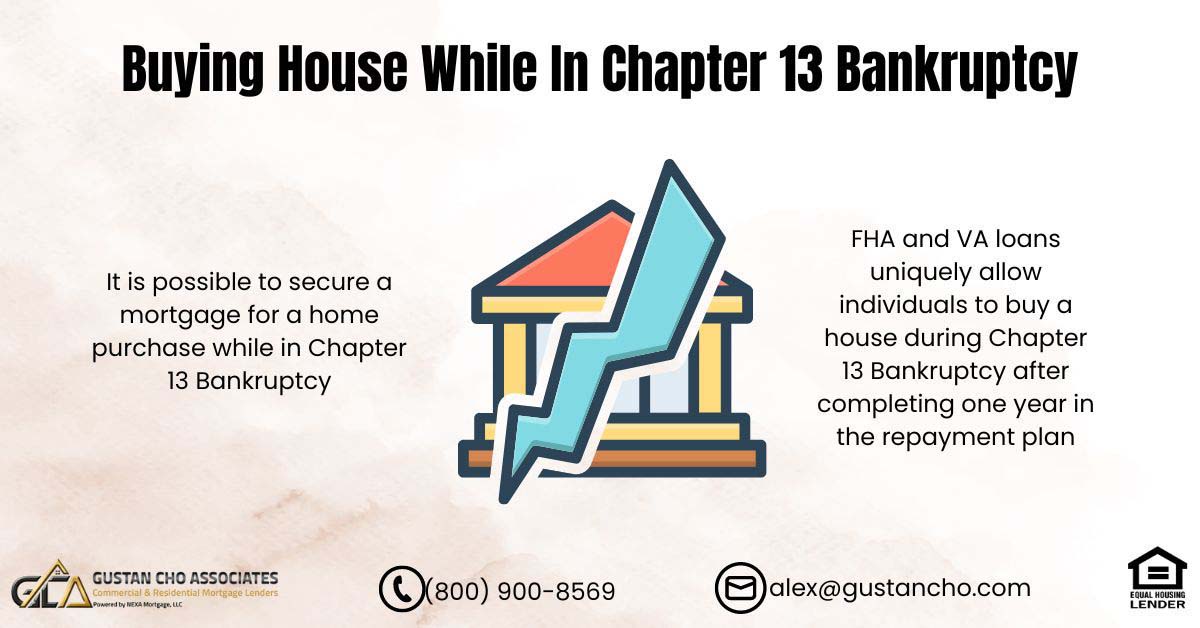




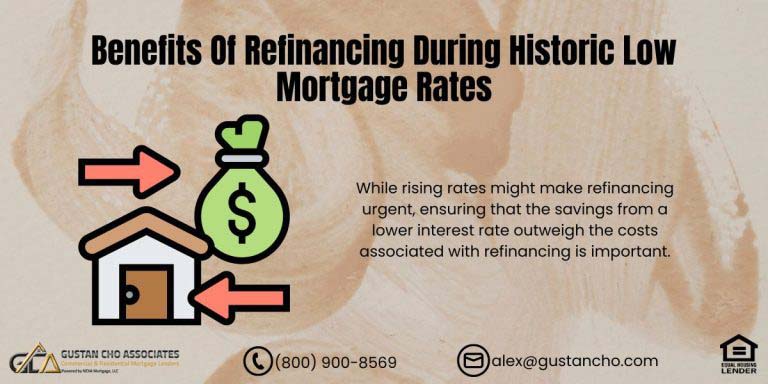

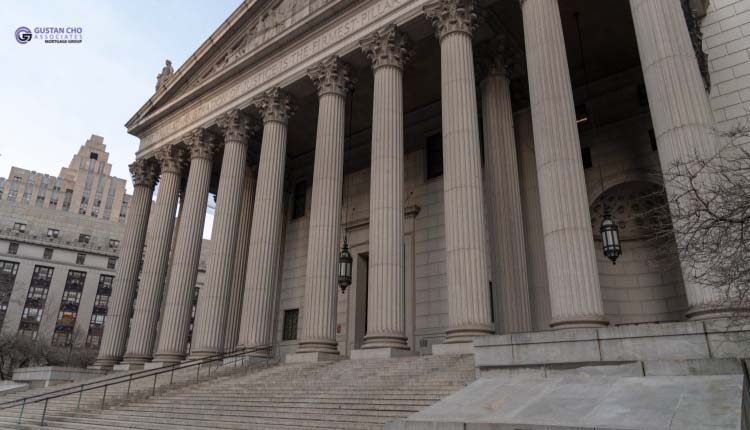
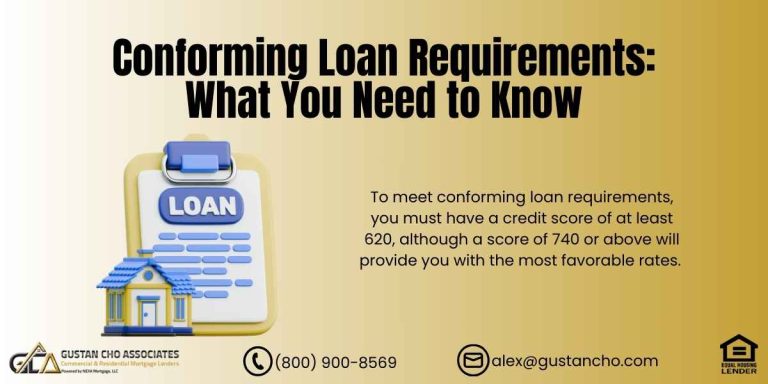
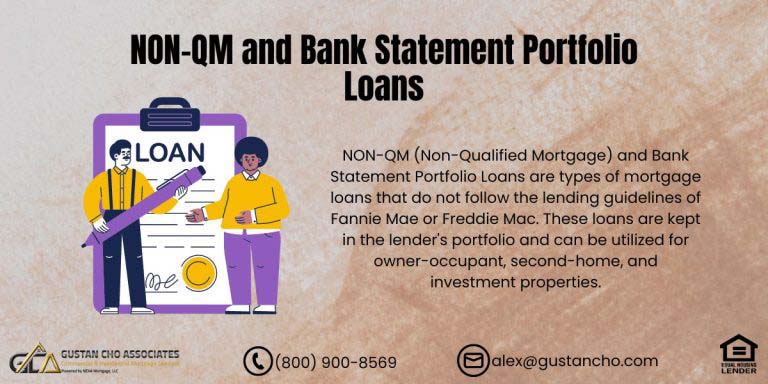
My girlfriend and I have poor credit but have been working to pay everything off and on time. We really want to get a house of our own
I blog frequently and I seriously appreciate your content. This great article has truly peaked my interest. I am going to take a note of your website and keep checking for new information about once a week. I opted in for your Feed as well.
Does your company work with buyers in Ohio?
Yes, we are licensed in Ohio.
Hello! Can I refinance with cash back for repairs and change from conventional to FHA while in Chapter 13?
We have less than 2 years to go on our chapter 13
You can do a cash out refinance during Chapter 13 Bankruptcy. Your Chapter 13 does not have to get discharged. Please reach out to us with your contact information at gcho@gustancho.com or call us at 262-716-8151. Text us for a faster response.
Are you licensed in North Carolina?
Yes, we are licensed in North Carolina. Please contact us at gcho@gustancho.com or call us at 262-716-8151. Text us for a faster response.